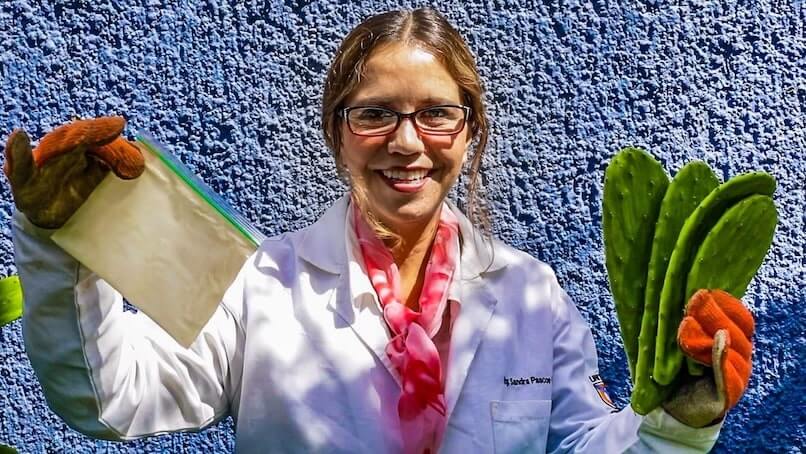Scientists Develop Cactus Plastic which Melts Back in Nature
Related Articles
Passenger Caught Stealing Snacks and Drinks on Train, Video Sparks Outrage Online
A video shared by a woman on social media has drawn significant attention after it appeared to show a passenger stealing snacks and beverages...
Indian Army conducts joint artillery exercise in Arunachal Pradesh
The Indian Army, along with the Indo-Tibetan Border Police (ITBP), Arunachal Scouts, Para Special Forces and the newly raised Bhairav Battalion, conducted a three-day...
DMK Worker Arrested for Alleged Rape & Murder of 2-Year-Old Girl in Tamil Nadu
A member of the Dravida Munnetra Kazhagam (DMK) party has been apprehended on charges of raping and murdering the two-and-a-half-year-old daughter of his live-in...


